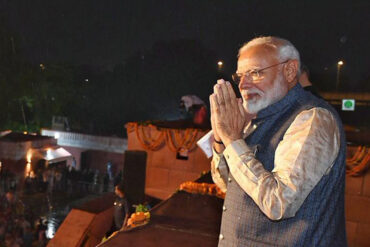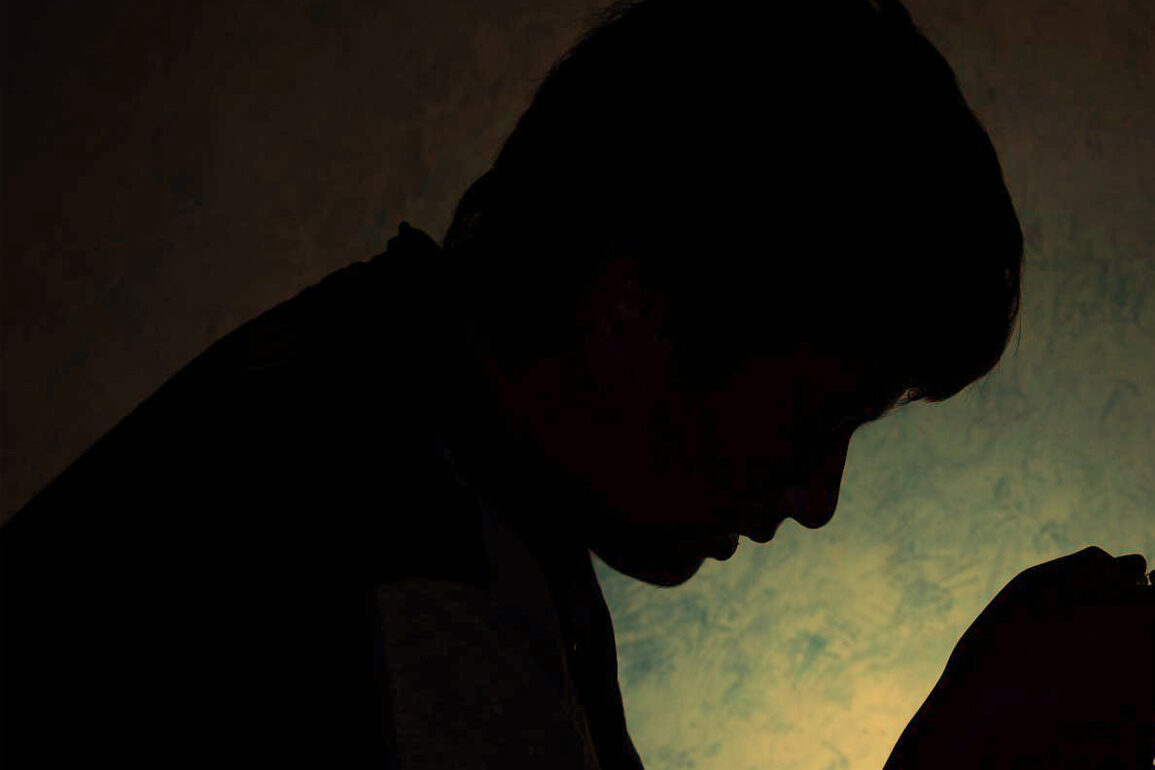Even as India emerges from a lockdown with effect from June 8, both the virus spread and the death toll continues to peak with no sign of an immediate fall. In the last two weeks alone, India saw around 1.2 lakh new positive Covid-19 cases, with the total cases in India crossing 2.5 lakh. Every day in the past week marked a new record number of single-day spike in cases. India is now the fifth worst-affected country in the world due to the pandemic.
Many of the previously worst-affected countries have flattened the Covid curve, but in India, the numbers are rising. It is in this backdrop, the country is easing its lockdown to allow people to gather in religious places, restaurants and malls in the initial phase of the unlock measures with new standard operating procedures coming into force.
As the urge to escape government-imposed regulations are high these days among the people who still remain indoors, an ‘avoidable’ factor like gatherings in religious places or houses of worship can turn out to be fatal if the crowd becomes potentially unmanageable. Across the country, many religious bodies have postponed openings of their respective houses of worship, but certain others have not.
The risk of a possible spread can be effectively averted if people voluntarily choose to remain indoors by keeping their faiths private and personal, like how they’ve been accustomed to in the past several days without paying visits to their respective houses of worship.
The pandemic calls for a change in mind-set and behaviour of the public. Indeed, it will be challenging for a typical believer to overcome that inner urge to get a direct sight of their gods in the sanctum sanctorum or at the altar of the holy mass or to do namaz along with their fellow believers. But, if they wish, they could re-direct that urge towards something more personal like self-realization of the divine dwelling within their bodies. Of course, such a society naturally progresses into a spiritually superior one, devoid of all middle-persons coming in between that direct personal connect with the Supreme Being.
There are ample examples worth emulation even within the teachings in various religions, Indian or Semitic, throwing light on a kind of spiritual life sans the need for a place of worship, or at least limiting the frequency of visiting one.
Take the Dharmic faiths originating in Indian soil, for instance, Hinduism or Buddhism or Jainism; they are highly progressive when it comes to the ‘personal’ side of religion. For these faiths, spirituality means self-awareness itself, and is not ‘originally’ rituals-dominated. Having given the concepts of ‘meditation’ (as the concept crossed borders, dhyan in India became chan in China and zen in Japan), ‘non-dualism’ (advaita) or ‘non-violence’ (ahimsa) to the world, India still remain a less-explored domain of inner-realisation.
Coming to the Semitic faiths of Islam, Christianity and Judaism, the fact that they are monotheistic in nature offers a great potential to lead a life devoid of a ‘house of worship’ considering the doctrine of ‘omnipresence’ of god, which means god is present everywhere and not only in a churches or mosques or synagogues made of bricks, stones, and cement.
There could be many reasons that vindicate the concept of a house of worship. For instance, there are a lot of people whose livelihoods directly or indirectly depend on other people doing religious practices. Like the church or temple priest or the masjid’s imam or the idol-sculptor or rosary-maker or the caretaker of a crematorium or cemetery. These people were among the worst affected due to the pandemic.
Another reason could be the need for socialisation, maybe to overcome the boredom or to feel a sense of pride or psychological satisfaction from practising one’s faith. A third factor is ignorance on account of the lack of literacy or education. The worlds of innocent, countryside-residing individuals are more susceptible to exploitation by the political and religious class for electoral or other gains by instilling fear in their fragile minds.
It is ironic that the Western countries have adopted the best of oriental spiritual practices for themselves like the yoga and the Zen, while a majority of India still remain obsessed with ‘ritualistic’ faith. Movies like Aamir Khan’s PK or Fahadh Faasil’s Trance throws light on over-religiosity and blind faith overtaking reason and common sense making oneself vulnerable to exploitation by vested-interest groups. The pandemic offers a new way of life based on self-awareness as a powerful alternative to religiosity.







